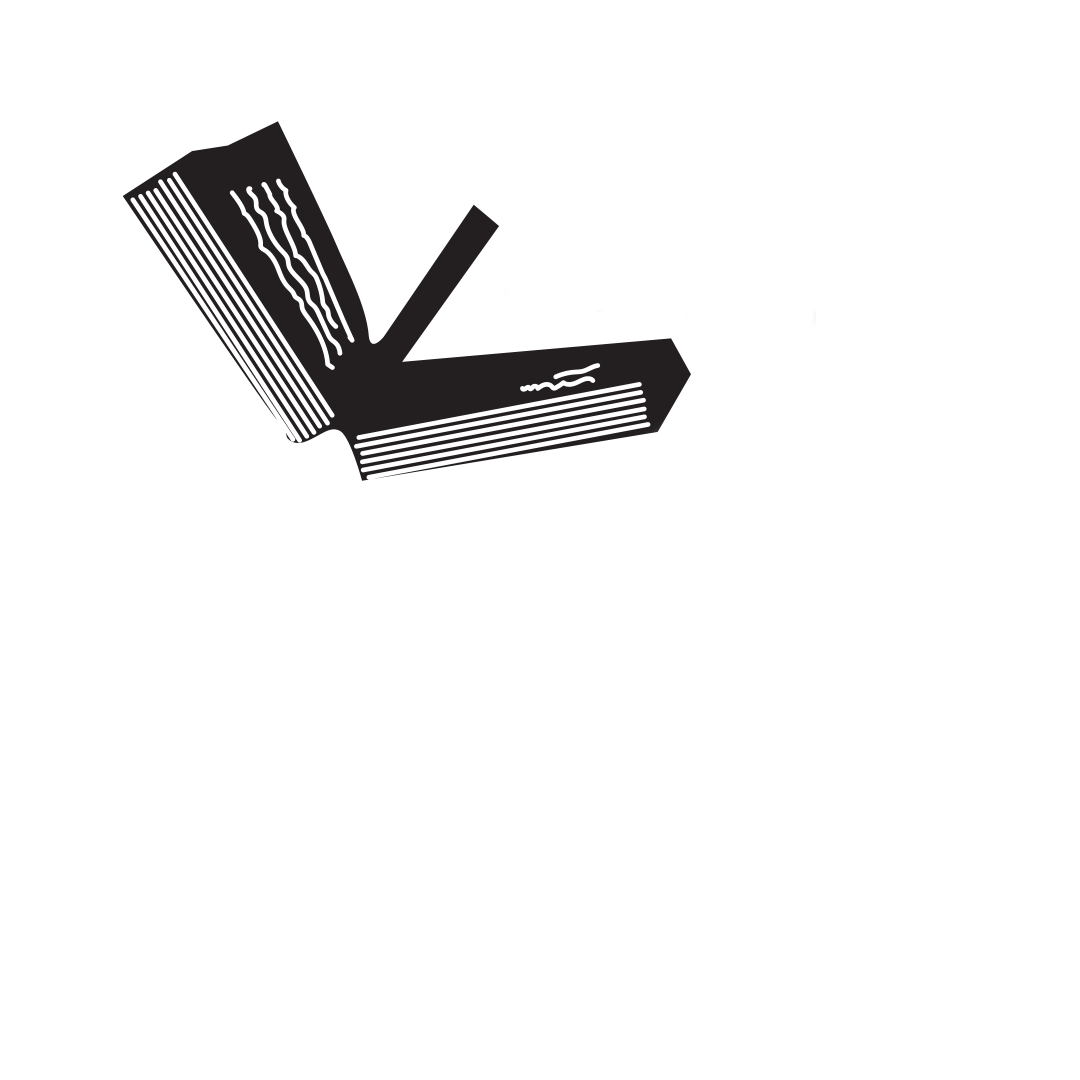Episode 84: Break a Leg
Why do we say ‘break a leg’ before a performance? There are many popular theories, some far-flung, some viable. This episode looks at the phrase’s most likely etymological candidates while debunking a few others.
Episode 83: Apple of the Eye
Our idiomatic sense of ‘apple of the eye’ comes from an Early Modern English translation of a Hebrew expression from the Old Testament.
Episode 82: In a Pickle
The idiom ‘in a pickle’ emerged in the English language when the meaning of ‘pickle’ was broader than just a ‘gherkin.’
Episode 81: Idioms (General Overview)
In this general overview of idioms, we learn why idioms are syntactically and semantically peculiar, how idioms emerge, how idioms fossilize archaic grammar, and more.
Episode 80: Cannibal
‘Cannibal’ is first recorded in Christopher Columbus’ travelogues from his first voyage to the New World. The word is derived from the name of a native group who allegedly ate human flesh.
Episode 79: Philistine
The Philistines were one of the Israelites’ enemies in the Hebrew Bible, but ‘philistine’ as a word for an uncultured person more directly traces back to a 17th century murder in Jena, Germany.
Episode 78: Bohemian
Bohemia is a region in the Czech Republic. So why do we refer to a carefree, unorthodox lifestyle as bohemian? Our current sense of the word is a byproduct of ethnic migrations, geographical misunderstandings, and outright racism.
Episode 77: Gothic
What do gothic clothing, Gothic architecture, Gothic fonts, and the Goths who sacked Rome all have in common?
Interview with Steve Kaufmann, Co-founder of LingQ
In this interview, I speak with Steve Kaufmann, polyglot and co-founder of the language learning platform LingQ.
Episode 76: Wife
In Old English, the word ‘wife’ meant ‘woman,’ and the word for ‘woman’ was ‘wife!’
Episode 75: Grandmother/Grandfather
What makes your parents’ parents so ‘grand?’ And what makes your parents’ parents’ parents so ‘great?’
Episode 74: Sibling
‘Sibling’ might seem like one of our most basic kinship terms, but it actually didn’t come into usage until the 20th century.
Episode 73: Papa/Dada/Father
Most nursery words for father in unrelated languages from around the world contain initial D, P, or B sounds. Coincidence? Connections?
Episode 72: Mom/Mama/Ma
In the vast majority of languages around the world, the word for ‘mama’ sounds something like ... ‘mama.’ Where does this near universality come from?
Episode 71: Noah Webster’s Dictionary
Webster’s 1828 dictionary was a markedly different work than the other English dictionaries that preceded it. As the first truly American dictionary, it played an important role in defining the American lexicon and its spelling.
Episode 70: Noah Webster: Early Works and Spelling Reform
Before Noah Webster wrote his pivotal American English dictionary, he was a politically motivated advocate for American English spelling reforms.
Episode 69: OK
Although ‘OK’ is the most spoken and written word in the entire world, it only came into existence under 200 years ago. Its origins? A long-forgotten inside joke that managed to spread far and wide.
Episode 68: Yankee
Why were Union soldiers called Yankees during the Civil War? Was it a word they called themselves or a term of disparagement? And how does the baseball team fit into the picture?
Episode 67: The American Pronunciation of R (Rhoticity)
The pronunciation of the R sound, aka rhoticity, is one of the most prominent differences between modern British and American English. However, the prominence of rhoticity in American English is a relatively recent development.
Episode 66: The Emergence of the American Lexicon
Shortly after British colonists landed in the New World, American English began to develop characteristics distinct from its parent language across the pond.

